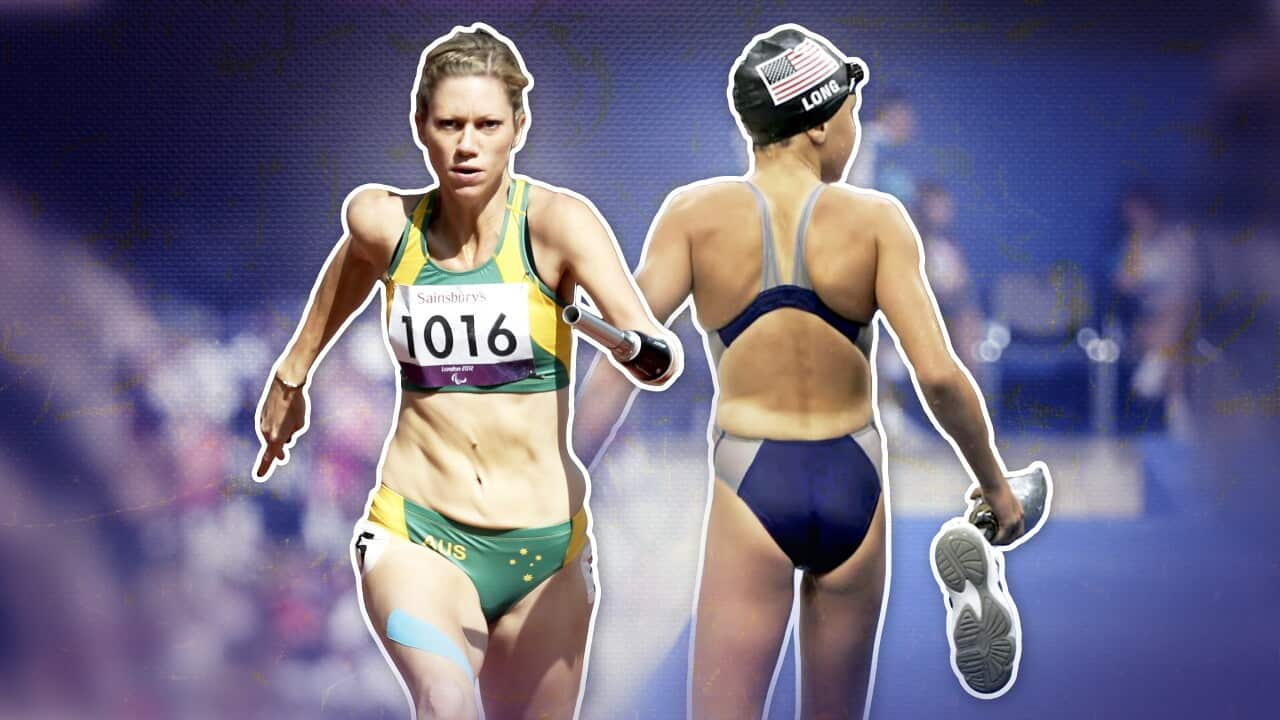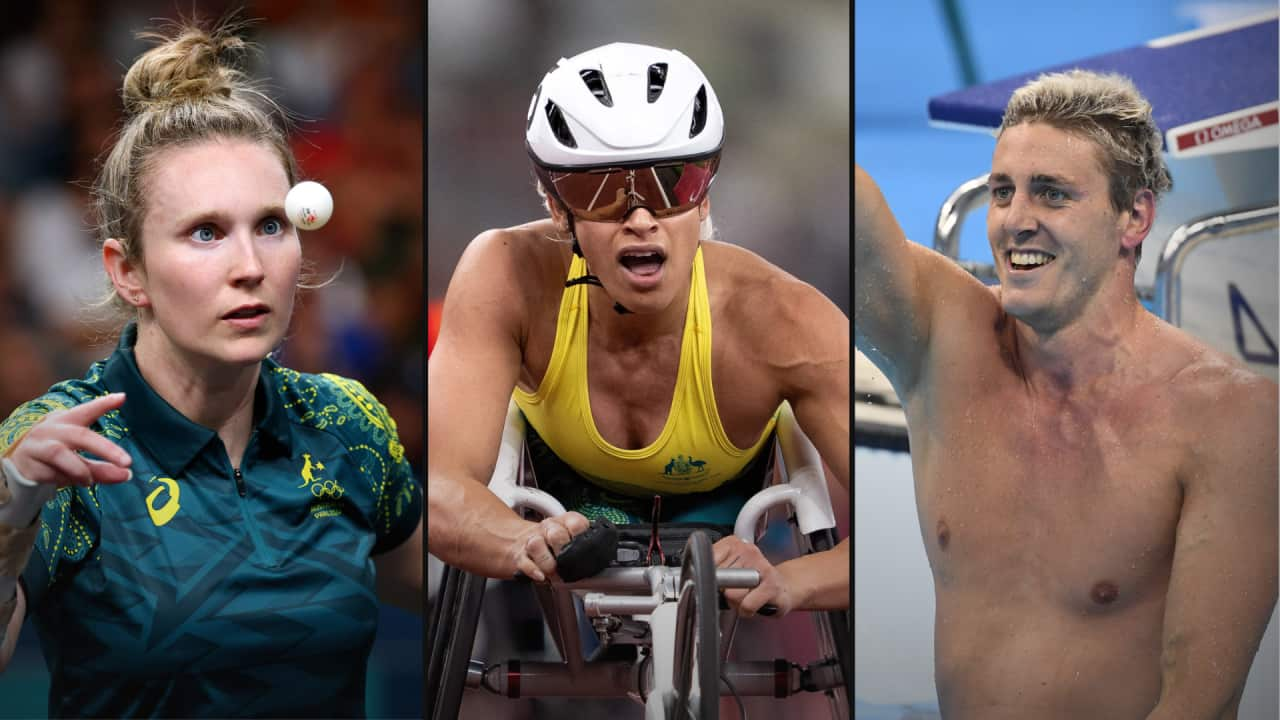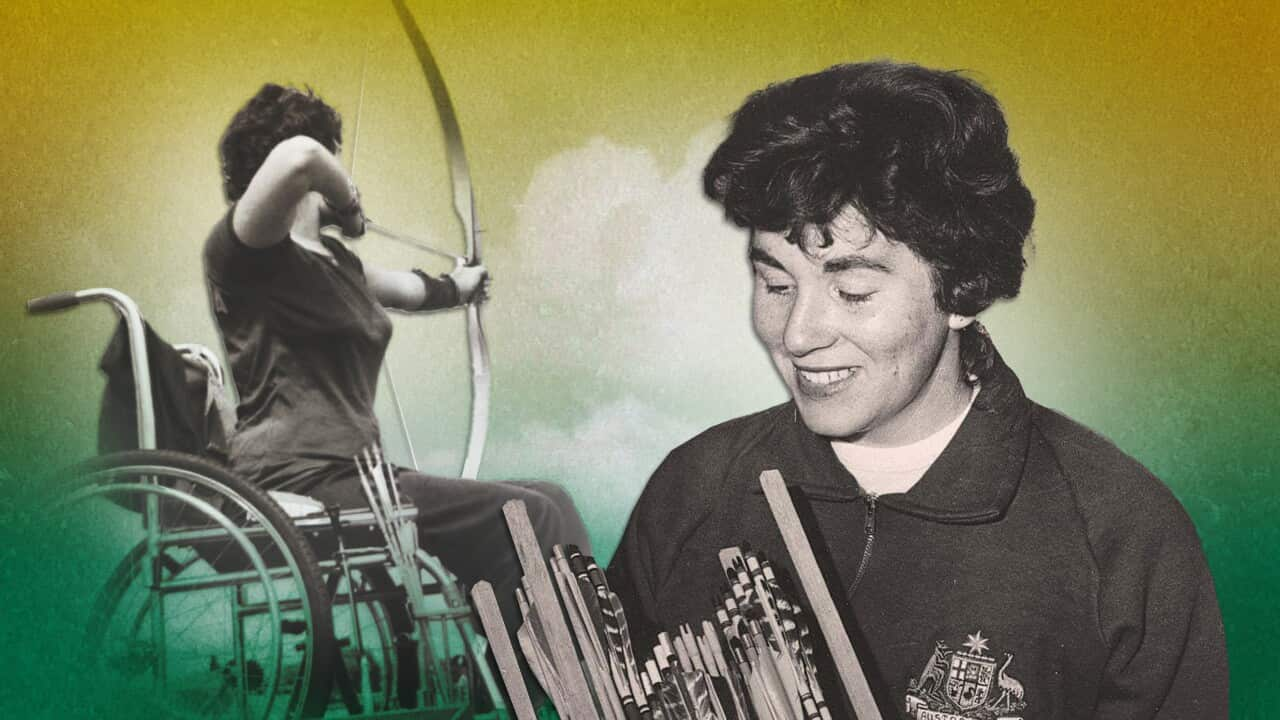Key Points
- The term 'inspiration porn' was coined by the Australian disability activist Stella Young in 2014.
- During the Paralympic Games 2024 in Paris, social feeds were filled with "motivational" memes featuring athletes.
- Former Australian Paralympians Jessica Smith and Carlee Beattie believe that this type of content might not be as inspiring as it seems.
"People, when they say: 'You're an inspiration', they mean it as a compliment. And I know why it happens," Australian disability activist Stella Young told the audience at TEDxSydney in 2014.
"It's because of the lie, it's because we've been sold this lie that disability makes you exceptional. And it honestly doesn’t."
Young explained that the 'inspirational' memes circulating online, featuring images of people with disability, were only reinforcing that. She called them "inspiration porn".
"I use the term 'porn' deliberately because they objectify one group of people for the benefit of another group of people," she said.
"Those images objectify disabled people for the benefit of non-disabled people.
"They are there so that you can look at them and think that things aren't so bad for you, to put your worries into perspective."
Jessica Smith is a former Australian Paralympic swimmer, working in the space of disability, accessibility and advocacy.
She told SBS News that these types of memes might sound positive, but they put pressure on people with disability.
"It's looking at a person with disability and making the assumptions about their life and what they can and can't do, and then turning that back inward to then make yourself feel better or motivate yourself or inspire yourself."
Madeleine Stewart is a stand-up comedian and a disability advocate. She explored the issue of 'inspiration porn' in a short documentary in 2022. The documentary Inspire Me is available on .
She said 'inspiration porn' can affect people's mental health.
"There is a worthlessness that comes with inspiration porn when you're a person with disability," she said.
"You either feel like you need to be an object of inspiration and […] be the best of the best, top of your game in order to be worthy, to be part of society, to be a valid and important individual. Or you can be an object of pity. You can't be just a normal person."
How can we celebrate our Paralympians?
Carlee Beattie is a three-time Paralympic athlete. She said being an elite athlete with disability is the same as being an elite athlete without disability.
"You know, we train just as much. We compete as much as they do. We come across a lot of the same challenges as they do," she told SBS News.
"It’s a little bit different. It depends on the level of impairment that you have. Because an athlete that has a higher impairment might not be able to train six days a week like their able-bodied counterpart.
"But they train to their capability, and that is considered elite because they're elite in their classification."
Smith believes the line between 'inspiration porn' and genuinely celebrating the achievements of Paralympians can be blurry.
"It's celebrating the achievements of people with disability and what they've been able to do. Not necessarily in spite of their disability."
"I think that's where the lines get a bit blurred. It's not saying that you're amazing because you have a disability, and you're amazing that you've been able to achieve something because you have this extra challenge.
"It's just being able to celebrate the achievements of human beings,” Smith explained.
Stewart suggests that the line between 'inspiration porn' and uplifting success of disabled people lies in the tone.
"Would you present this information the same way if they were non-disabled?"
"We want to make sure we present the information with dignity, with agency and respect, that no patronising music is being used.
"Especially in the Paralympics, they're athletes, they are not objects of pity, they're not objects of charity. They should not be objectified in any way. They are just wonderful athletes representing our country."
According to Beattie, 'inspiration porn' might stand in the way of changing social perception around disability.
"Attitudes really are changing. We can see that. But there's still a long way to go."
"You know, that people using and sharing those inspirational porn images and things, kind of sets us backwards a little bit."
But Smith believes society has already come a long way.
"I would think back to when I was competing in 2004. Our events weren't televised, there wasn't sponsorship, there wasn't as much positive attention," she said.
"I think it's gone together with sports and with this social perception and change and how these conversations are happening — that has allowed for us to be where we are today, where we are talking about it and where we are celebrating those achievements."












